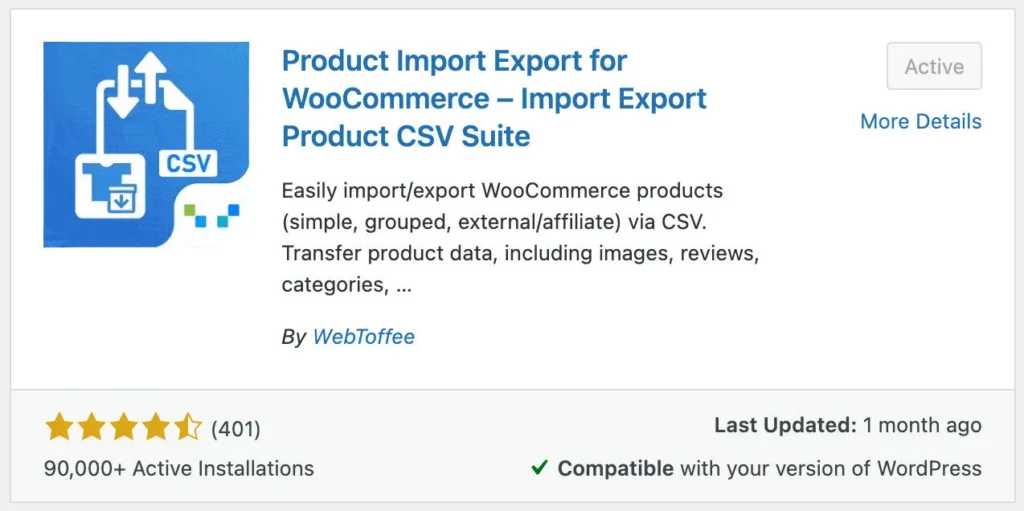Credit card processing makes a consumer’s life easy. Your business should also have a simple payment processing system that will enhance customer experience. When a business accepts credit or debit cards it enables the business to get paid. Not many consumers carry cash with them and when your business accepts such cards, it will ensure the smooth functioning of your business.
Every business needs to understand how credit card processing companies work and for that, you need to select a credit card processing company. Learning some of the details associated with the payment solution provider, the risks involved, processing fees charged will enable the merchant to understand options available to him. Let us now discuss how it works.
Who is involved in the credit and debit card transactions?
Cardholder – He/she obtains a credit card from a bank to purchase goods and services.
Issuing Bank – Financial institutions that issue credit or debit cards to cardholders.
Merchant – Business that accepts credit/debit cards for payment towards goods purchased.
Merchant Bank – This is where merchant accounts are maintained. Businesses can accept deposits from credit and debit cards payments made by consumers.
Payment processing companies – These are companies that process credit or debit card payments. The processors connect all the above for the successful processing of payments.
Card associations – They are responsible for setting up interchange rates and qualifying guidelines e.g. Visa, MasterCard, etc.
Credit card processing in action
Now that we know who is involved in the card transactions, you should learn how the processing takes place. The processing of credit or debit card works in three phases and they are as follows:
Authorization – First, the cardholder gives his card for making the payment to the merchant. It can be via a credit card swipe terminal or POS. The merchant then sends a request for authorization to the payment processor. The processor then submits the transaction to the concerned card association like Visa, Discover, etc. Once card details like CVV are input, an authorization request is made to the issuing bank. For making payments online, card details like card number, expiry date, and CVV are required.
The issuing bank can either approve the transaction or decline it. Generally, it gets approved but it may be declined due to insufficient account balance, etc. This approval or decline is sent to the merchant, merchant bank, and the card association.
Settlement – The merchant sends all the authorized transactions batch by batch to their payment processor. This information is then transmitted to the respective card associations who then communicate to the appropriate issuing banks. The issuing banks then charge the cardholder’s account for the transaction amount.
Funding – Once the cardholder’s account is charged, this amount is transferred to the merchant’s bank along with interchange fees. The merchant bank then deposits this amount into the merchant’s account.
In a nutshell, this is how a credit card processing system works. Though the process looks confusing and tedious, it actually works almost instantly. Earlier, the settlement and funding took several days and merchants had to wait to receive their money. But nowadays, it is much quicker due to automation and network using high-end technologies. The merchants can now receive their money faster and hassle-free.
Why should a business have Credit Card Processing?
The ultimate goal of any business is to make a profit and get recurring revenue. It has been proved time and again that having a credit card processing system in place will increase your revenue by at least 20%. Customers love to use credit cards because it is convenient, avoids cash crunch, gets reward points that can be exchanged for goods. Accepting what a customer loves to use is the key to business success.
It also helps build your brand or business credibility. The more card types a business can process the better its credibility.
Since checks and invoices take time to process, having credit card processing will result in better cash flow. Also, checks may bounce and invoices may get delayed which will further delay business cash flow.
If you have an online store or eCommerce, it is best to have a credit or debit card payment processing system in place to help your business grow.
What are the charges associated with credit card processing?
Having understood how the process works you need to now know what are the charges involved when your business does card processing. It is important because it will help you make important business decisions as you will be aware of all the fees associated with card payment processing.
There are 3 charges associated with payment processing and they are:
Transaction fees – Every transaction you run, there will be a charge added to the payment. It includes the interchange fees and fees per transaction. These charges are set up by the credit card companies and are mandatory. The interchange rates are based on the type of card used. A debit card is charged lesser when compared to a business credit card.
Recurring Fees – These include monthly minimum fees, maintenance fee, annual maintenance fee, batch fees, etc. The monthly minimum is charged depending upon the number of transactions and the requirement met as per the minimum threshold. A maintenance fee is charged for maintaining the account. Since merchants get deposits in batches, they would be charged a batch fee. There is also an IRS report fee which is charged to the merchants’ account for reporting the transactions to the IRS.
One-off charges – These are charges that are applied only once. It includes terminal fees, setup fees, payment gateway fees, chargeback, retrieval fees, etc.
It is important to keep an eye on the charges that your business may incur due to the credit card payment processing system. Most businesses do not even know the charges they are paying and many merchant service providers are making huge profits due to this. Select a reliable merchant service provider who will explain all the charges involved so that it is no longer overwhelming. Understanding what options are available at your disposal will help your business grow manifold.







Leave a Reply